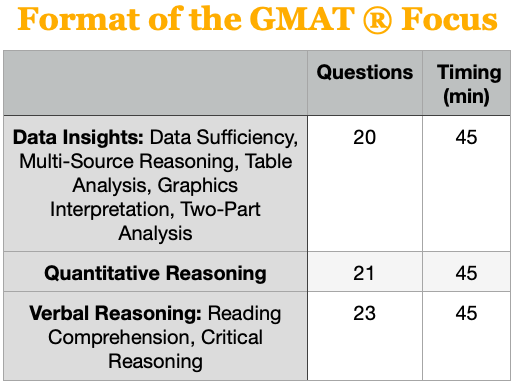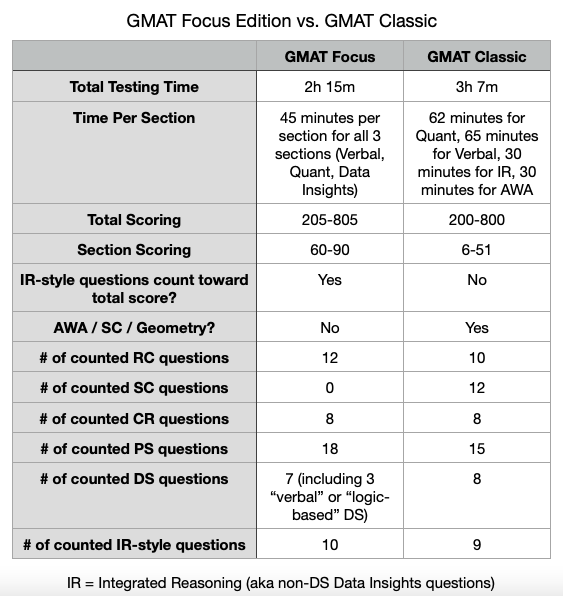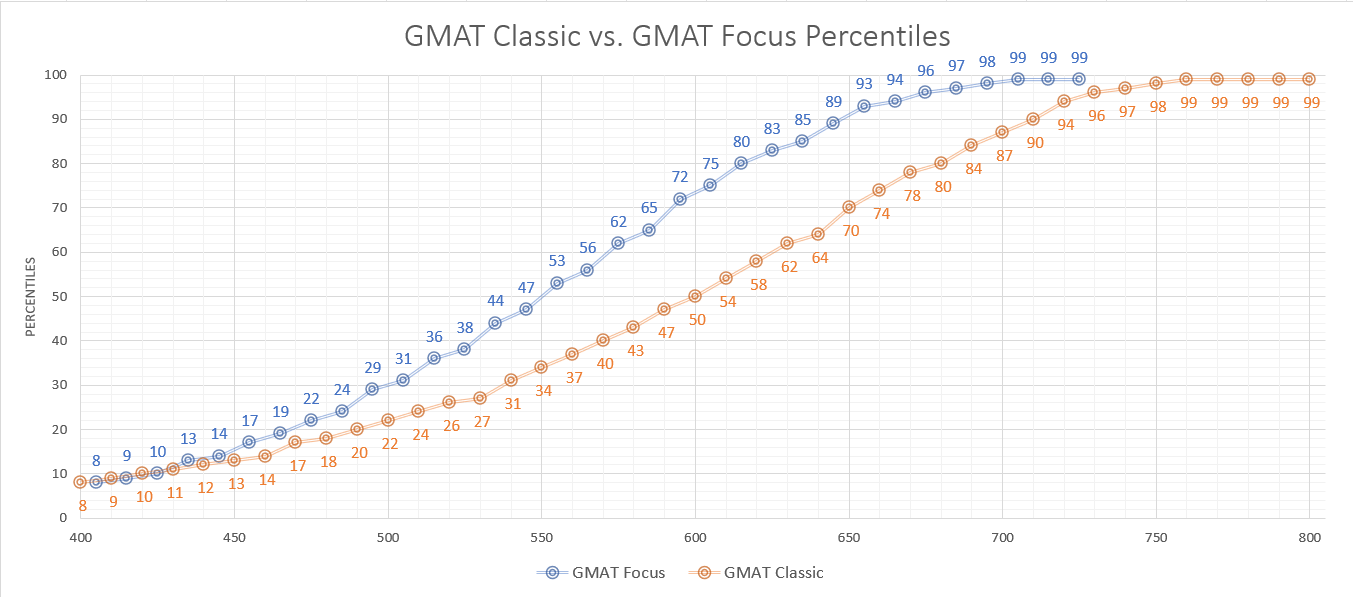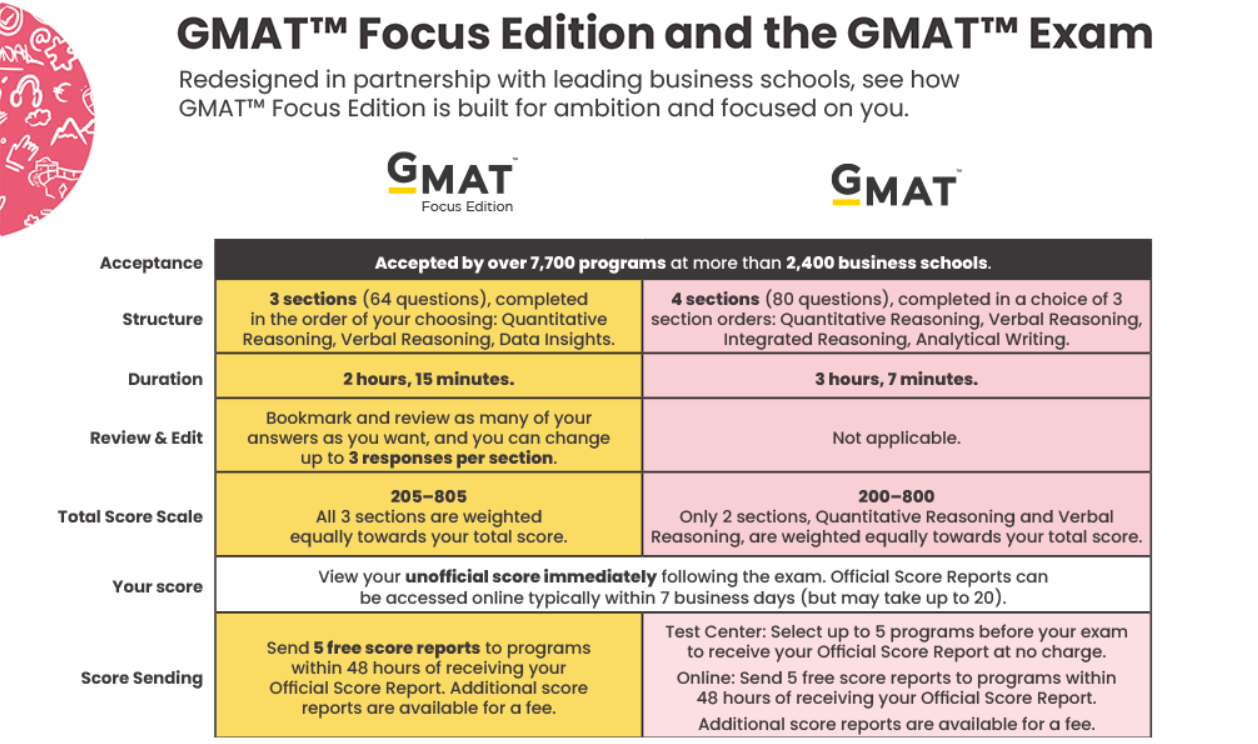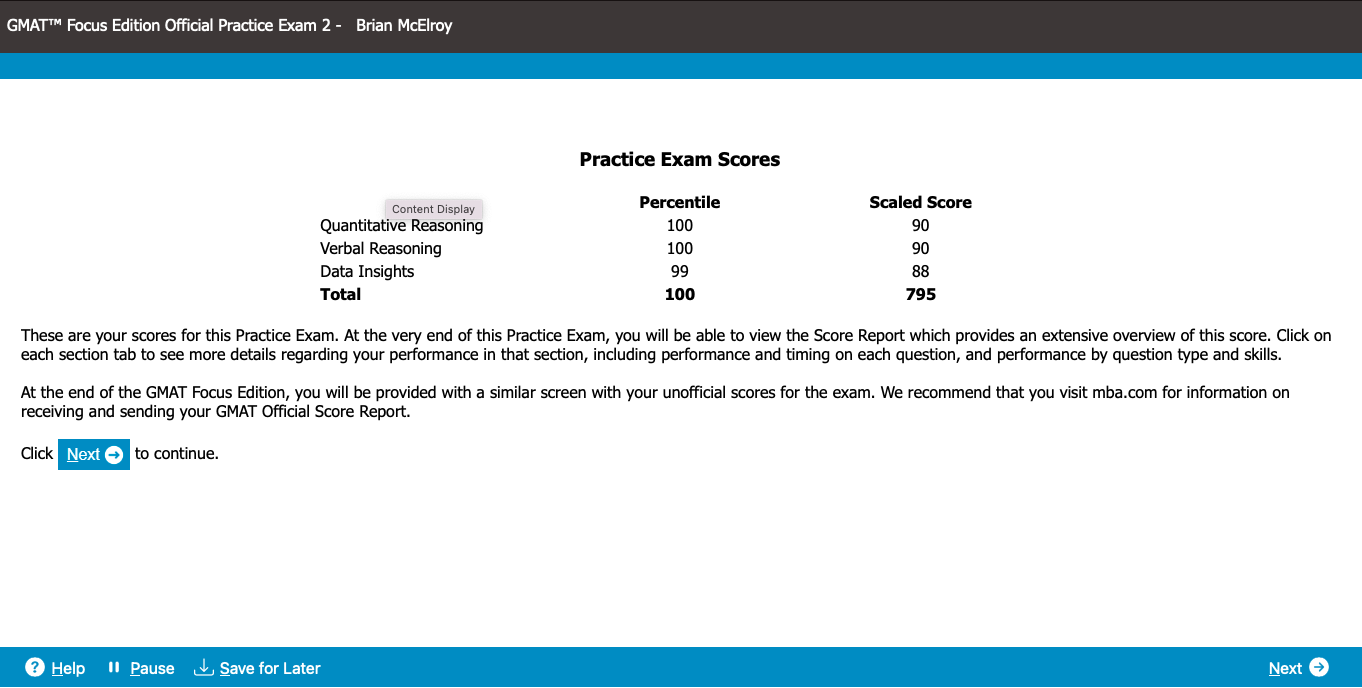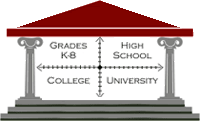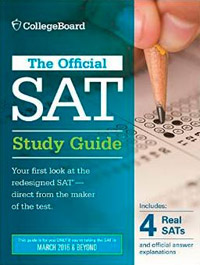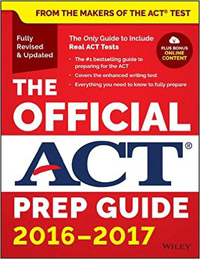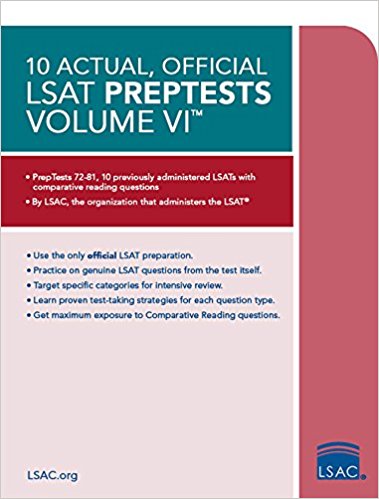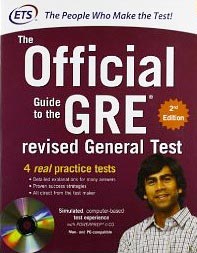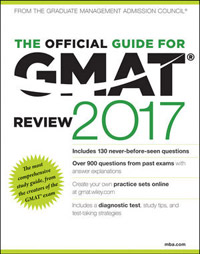GMAT Post
The GMAT Focus Edition is Here: Everything You Need to Know
On 11/7/23, GMAC rolled out a new, updated version of the GMAT, called the GMAT Focus Edition. The upcoming GMAT Official Guide 2023-2024 will prepare students specifically for this streamlined, shorter rendition of the well-known MBA admissions exam. First, some context: thanks in part to the growth of test blind and test optional admission policies, the number of GMAT test-takers in the US has been declining precipitously in recent years, dropping to a new low of 38,509 in 2021—as compared to well over 100,000 GMATs taken domestically in 2016. Meanwhile, the GRE from ETS is steadily becoming a more popular alternative for MBA applicants, even eclipsing the number of GMAT test-takers at some top business schools. 29% of Harvard Business School's class of 2023 submitted a GRE score instead of a GMAT score, for example. Presumably, GMAC felt pressured to release a faster, more accessible GMAT that can better compete with the GRE in today's MBA admission landscape. Everything you need to know about the GMAT Focus: -The Focus is nearly one hour shorter than the classic GMAT: it includes three 45-minute sections, for a total of only 2 hours and 15 minutes of testing time, and 64 questions total. (The current version of the GMAT is 3 hours and 7 minutes in duration, and has 80 questions.) There is also an optional 10-minute break, which can be taken after either the 1st or 2nd section—but not both. -The GMAT Focus allows you an average of 2.25 minutes per Data Insights question, 2.14 minutes per Quant question, and 1.96 minutes per Verbal question. -The current AWA (Analytical Writing Assessment) section has been retired from the Focus. This is a welcome—and overdue—change, making the GMAT Focus an entirely multiple-choice exam. -SC (Sentence Correction) has also been removed from the exam content, to my great disappointment, and that of grammarians everywhere. (Is SC a strength of yours? If so, then it would be a good idea to take the GMAT within the next 12 months.) Geometry questions have also been removed. -The new "Data Insights" section (Integrated Reasoning style-questions + Data Sufficiency questions) counts toward the composite score, and includes DS (Data Sufficiency) math (and verbal!) questions, which are a part of the Quant section of the classic GMAT. (Is Integrated Reasoning / Data Insights a strength of yours? If so, then you might want to consider waiting until late 2023 / early 2024 for the debut of the GMAT Focus, since your IR performance doesn't affect the 200-800 total score on today's GMAT.) -Unlike the current Integrated Reasoning section, which is not adaptive, the GMAT Focus's Data Insights section is in fact adaptive, according to GMAC. -Composite scores will range from 205 to 805—and the individual DI, V, and Q sections are assigned sub-scores from 60 to 90. Although the total / composite scoring scale is essentially the same as the old scoring scale, plus 5 points to help distinguish between the two exams, the corresponding percentiles, section scores, and composite aka "total" score conversions are in fact significantly different.
-Test-takers can bookmark questions as they proceed through a section. Once all the questions in a section are answered, they are given the option to review all the questions—and to change up to 3 answers before time expires. -As with the current GMAT, the "select section order" screen will appear before the start of the exam, allowing test-takers to choose any of their 6 preferred sequences of the Focus's 3 multiple-choice sections: Verbal, Quant, and Data Insights. -Unlike the classic GMAT, The GMAT Focus will no longer be only question adaptive across single sections. According to GMAC, the GMAT Focus is also section adaptive: your performance on the first 2 sections of the GMAT Focus will affect the initial difficulty level of your 2nd and 3rd sections. -Student score reports will be expanded and included in the overall cost of the exam (currently $275). Presumably, these new and improved score reports will resemble the current ESR (Enhanced Score Report) that is currently available at an additional cost of $30, for the test-center GMAT only. -School score reporting options will be simplified and improved. The GMAT Focus will adopt the more flexible score reporting system currently used by the GMAT online, where MBA programs can only see the scores that students choose to send, and drop the antiquated one used by the test-center GMAT, where all non-cancelled scores from the last 5 years are listed on the school score report. Specifically, GMAC has promised that "each official score report will only contain one exam score." Today's 200-800 GMAT (aka "GMAT classic") will continue until January 31, 2024. Scores on this version of the exam will still be valid for 5 years from the test date, and will still be accepted by nearly all MBA programs until their expiration dates (as late as 2029). Do you have questions, comments, or information to share about the new GMAT Focus exam? Please contact me directly at mcelroy@post.harvard.edu. UPDATE, JULY 2025: Please note that--presumably for branding and marketing purposes--GMAC has removed all references to the "GMAT Focus" name, and has returned to simply calling it the "GMAT" once again. However, please rest assured that the "new" GMAT is the exact same test in content and structure as the "old" GMAT Focus exam. -Brian
|

